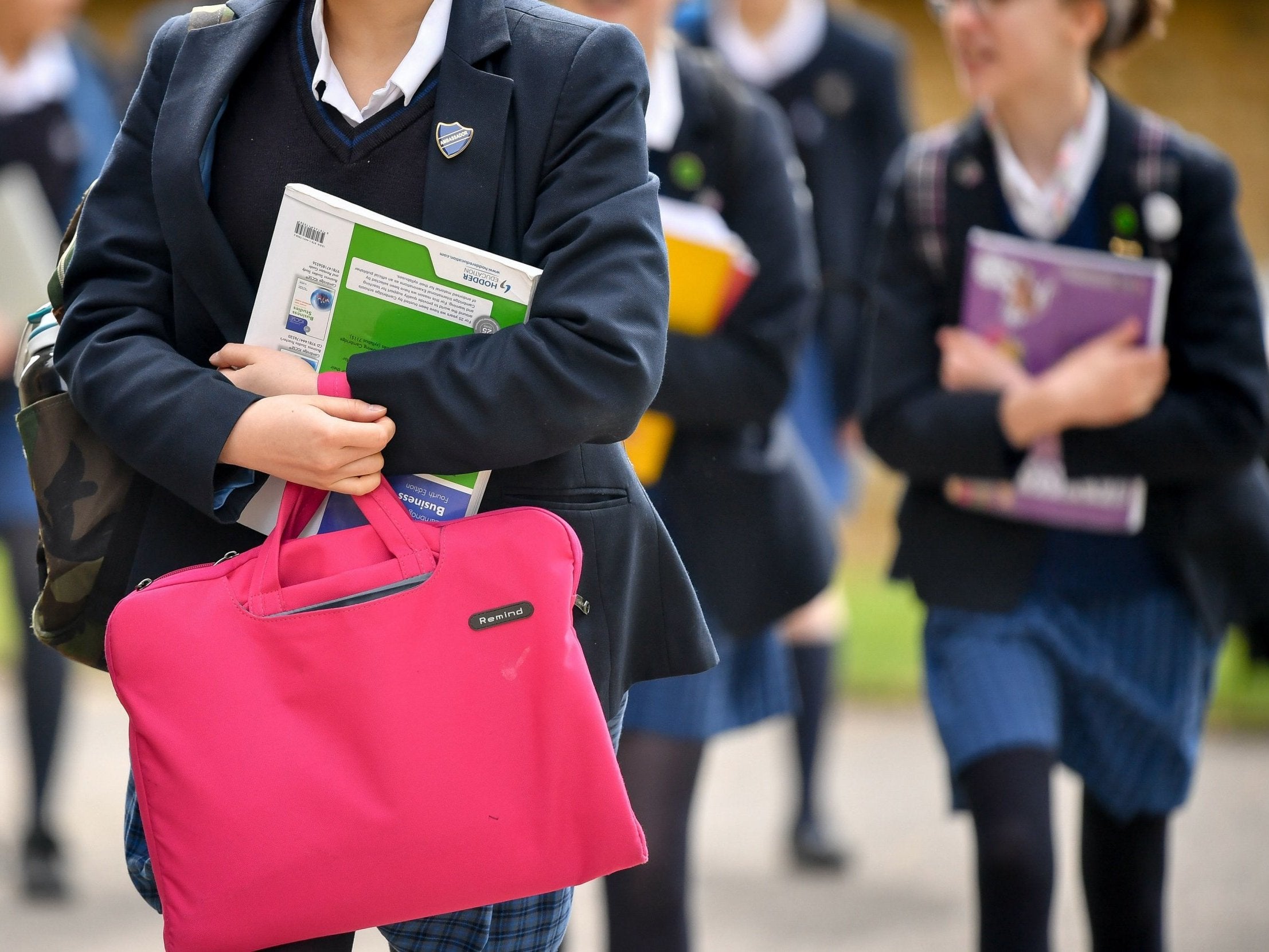Is kindness better than detention for tackling poor behaviour in schools?
Analysis: Managing to instil discipline can drastically reduce teachers’ workloads – but there is fierce debate over how best to do so

Teachers in staff rooms across the country are divided over the best way to tackle poor behaviour. Some believe a strict “no excuses” approach is the answer, while others say nurture is key.
A report from the Education Endowment Foundation (EEF), which suggests pupils will be less disruptive if teachers simply greet their students individually as they enter the classroom, will fuel the debate.
It appears to fly in the face of the stricter, controversial “zero-tolerance” approach – also known as “no excuses” – which has become more popular among schools which want to instil discipline in class.
Advocates of this policy, where students are often given straight detentions for being late or missing homework, say it helps to raise standards, but critics warn it pushes out the most vulnerable pupils.
Some pupils have been sent home, or put in isolation, for not adhering to strict uniform codes.
But the study finds a lack of evidence looking at the impact “zero-tolerance” has on pupil outcomes.
Members of the National Education Union (NEU) recently called for the behaviour policy to be challenged, arguing it is worsening mental health problems, with one calling it “child abuse”.
Teachers have warned that the approach – which can include using isolation booths for long periods – is “draconian” and can unfairly punish working-class pupils and special educational needs pupils.
And yet, there are a number of examples of schools in deprived areas of the country that have successfully been turned around after the headteacher introduced a stricter behaviour policy.
For example, Sir Michael Wilshaw, the former Ofsted chief inspector, made his name with a strict regime as headteacher of Mossbourne Community Academy in Hackney.
A similar story took place at Burlington Danes Academy in west London’s White City when Dame Sally Coates introduced more punishments.
These examples have made it easier for ministers, as well as Ofsted, to speak in favour of strict policies that try to stamp out “low level” disruption – such as swinging on chairs and whispering.
However, the new guidance from EEF suggests that there is not a one-size-fits-all approach, adding that offering free breakfast clubs to students before school will also help to improve behaviour.
Ministers say that tackling poor behaviour in schools is a key priority for them, but ultimately without a significant boost to funding, teachers will struggle to make large-scale improvements.
The task becomes much more difficult if schools simply cannot afford to run the breakfast clubs, or if they have not got the specialist resources or the support staff to deal with more challenging pupils.
All teachers want good behaviour in class as it reduces their workload, but with the pressures they face, remembering to greet pupils individually at the classroom door might just slip their minds.
Join our commenting forum
Join thought-provoking conversations, follow other Independent readers and see their replies
Comments